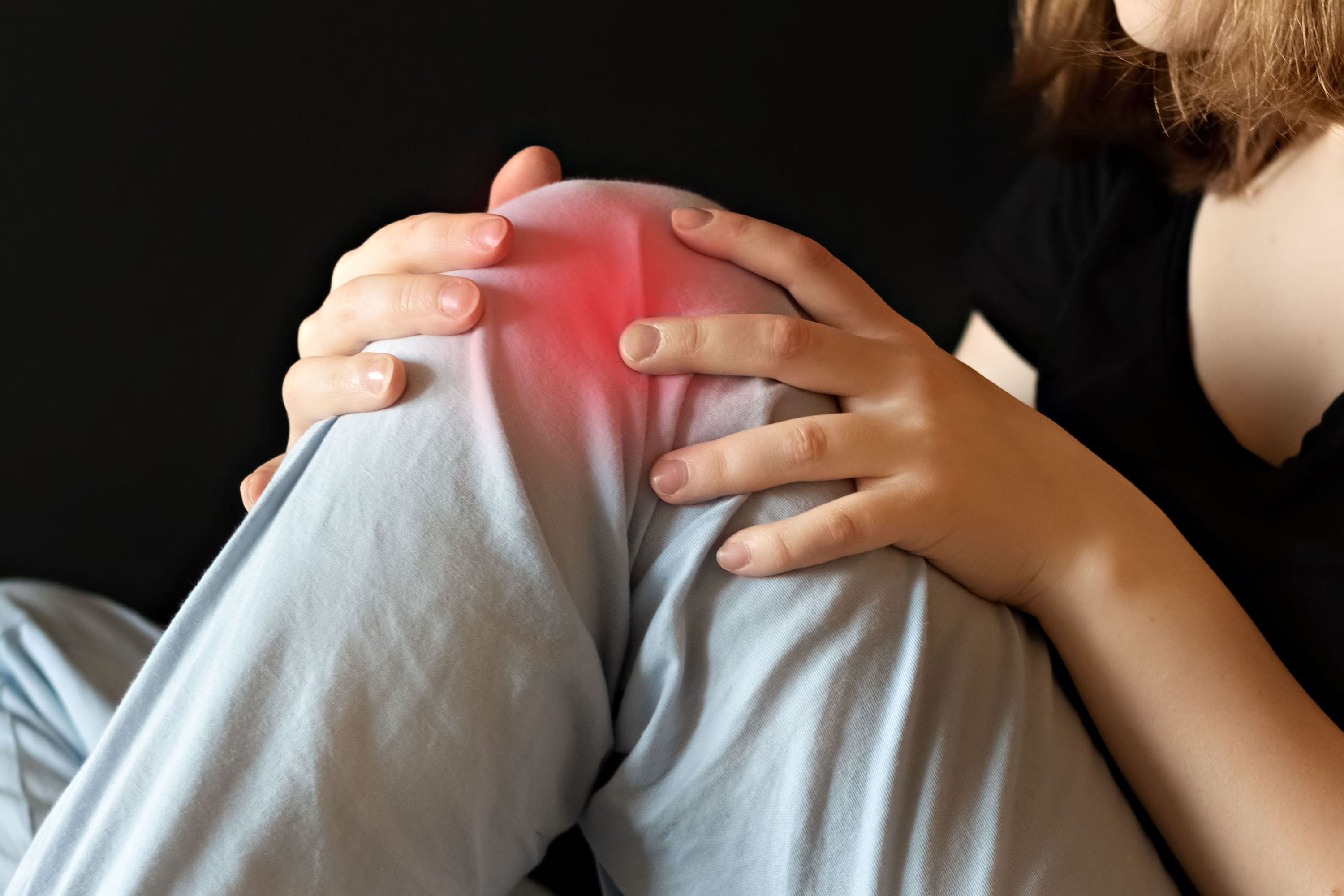The 9 Most Overlooked Symptoms of Autoimmune Illness in Women
Autoimmune diseases are a group of disorders where the immune system mistakenly attacks the body's own tissues. These conditions disproportionately affect women, often presenting with subtle symptoms that can easily be overlooked or misattributed to other causes. The complexity of autoimmune illnesses lies in their ability to mimic other diseases, making diagnosis challenging. This article aims to unveil the 9 frequently overlooked symptoms of autoimmune illnesses in women, providing a comprehensive understanding of each symptom and its potential implications. By recognizing these signs early, women can seek timely medical intervention and improve their quality of life.
1. Persistent Fatigue: More Than Just Tiredness

Fatigue is a common complaint among women, often dismissed as a consequence of a busy lifestyle or insufficient sleep. However, persistent fatigue that doesn't improve with rest might be an early sign of an autoimmune disorder. This type of fatigue is profound, often described as a bone-deep exhaustion that affects daily functioning. Conditions like lupus, rheumatoid arthritis, and multiple sclerosis frequently list fatigue as a primary symptom. Understanding that this fatigue is not typical tiredness is crucial, as it can significantly impact a woman's ability to perform everyday tasks and maintain her lifestyle.
2. Unexplained Joint Pain: Beyond Aging Aches

Joint pain is often attributed to aging or physical activity, but unexplained joint pain can be a hallmark of autoimmune diseases such as rheumatoid arthritis or lupus. Unlike typical joint pain, this discomfort may occur in multiple joints simultaneously, often accompanied by swelling and stiffness, especially in the morning. This symptom can be particularly distressing for young women who do not expect to experience such issues. Recognizing this pain as potentially autoimmune-related rather than dismissing it as normal wear and tear can lead to earlier diagnosis and treatment, preventing further joint damage.
